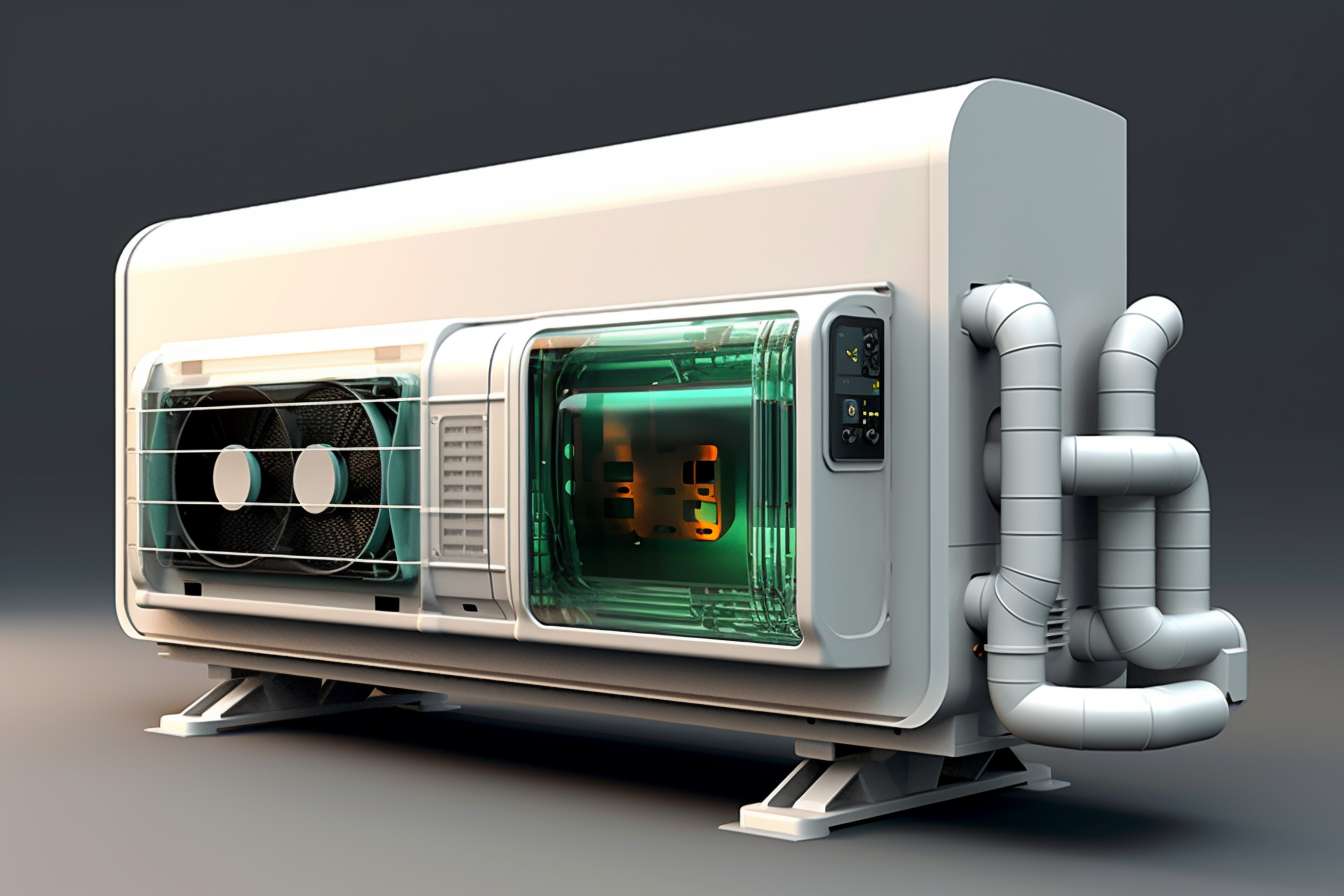Air Conditioning Systems: Services, Portable Units, and Chillers
Air conditioning has become an essential part of modern comfort, providing relief from heat and humidity while maintaining indoor air quality. Whether you need professional maintenance, a portable cooling solution, or an industrial chiller system, understanding your options helps you make informed decisions. From routine servicing to advanced cooling technologies, the air conditioning industry offers diverse solutions for residential, commercial, and industrial applications.

What Does Air Conditioning Service Include?
Professional air conditioning service encompasses comprehensive maintenance, repair, and installation procedures designed to keep cooling systems operating efficiently. Certified technicians perform routine inspections, clean components, check refrigerant levels, and replace worn parts. Regular service appointments typically occur twice yearly, with spring preparation for summer usage and fall maintenance before winter storage.
Service technicians evaluate electrical connections, test thermostat functionality, and examine ductwork for leaks or blockages. They also clean evaporator and condenser coils, replace air filters, and lubricate moving components. This preventive approach extends equipment lifespan, reduces energy consumption, and prevents costly emergency repairs during peak usage periods.
How Do Ventless Portable Air Conditioners Work?
Ventless portable air conditioners offer cooling solutions without requiring window installations or permanent modifications to buildings. These units use evaporative cooling technology, drawing warm air through water-saturated pads to reduce temperatures through natural evaporation processes. Unlike traditional air conditioners that expel hot air through external vents, these systems recirculate cooled air directly into living spaces.
These portable units work most effectively in dry climates where evaporation occurs readily. They require regular water refilling and periodic cleaning of cooling media to maintain optimal performance. While energy-efficient and environmentally friendly, ventless units provide limited cooling capacity compared to conventional air conditioning systems and may increase indoor humidity levels.
What Are Commercial Chiller Systems?
Chiller systems provide large-scale cooling for commercial buildings, industrial facilities, and institutional complexes. These sophisticated systems generate chilled water or glycol solutions that circulate through building infrastructure to remove heat from multiple zones simultaneously. Chillers offer precise temperature control and exceptional efficiency for facilities requiring consistent cooling across extensive square footage.
Two primary chiller types dominate commercial applications: air-cooled and water-cooled systems. Air-cooled chillers use ambient air to remove heat from refrigerant, while water-cooled versions employ cooling towers or other water sources. Industrial chillers often incorporate variable-speed compressors, advanced control systems, and redundant components to ensure continuous operation in critical applications.
| System Type | Provider | Services Offered | Cost Estimation |
|---|---|---|---|
| Residential Service | Carrier | Maintenance, repair, installation | $150-$300 annually |
| Portable Ventless | Honeywell | Sales, warranty support | $200-$600 per unit |
| Commercial Chiller | Trane | Design, installation, service | $20,000-$150,000+ |
| Emergency Repair | Local HVAC Companies | 24/7 service calls | $200-$500 per visit |
Prices, rates, or cost estimates mentioned in this article are based on the latest available information but may change over time. Independent research is advised before making financial decisions.
Installation and Maintenance Considerations
Proper installation significantly impacts air conditioning system performance, efficiency, and longevity. Professional installation ensures correct sizing, appropriate placement, adequate electrical connections, and compliance with local building codes. Improper installation can result in reduced cooling capacity, increased energy consumption, and premature equipment failure.
Maintenance schedules vary based on system type, usage patterns, and environmental conditions. Residential systems benefit from bi-annual professional service, while commercial chillers may require monthly inspections and quarterly comprehensive maintenance. Regular filter replacement, typically every 30-90 days, represents the most critical user-performed maintenance task for optimal air quality and system efficiency.
Energy Efficiency and Environmental Impact
Modern air conditioning systems incorporate advanced technologies to minimize energy consumption and environmental impact. High-efficiency units feature variable-speed compressors, smart thermostats, and improved refrigerants with lower global warming potential. Energy Star certified equipment meets strict efficiency guidelines, often reducing operating costs by 15-30% compared to standard models.
Chiller systems utilize sophisticated controls and heat recovery options to maximize efficiency in large applications. Some facilities implement thermal energy storage, producing chilled water during off-peak hours when electricity costs less. These strategies reduce peak demand charges and provide backup cooling during equipment maintenance periods.
Air conditioning technology continues evolving toward sustainable solutions that balance comfort requirements with environmental responsibility. Regular professional service maintains optimal efficiency throughout equipment lifecycles, while proper system selection ensures appropriate capacity for specific applications. Understanding the distinctions between portable ventless units, traditional systems, and commercial chillers helps property owners choose suitable cooling solutions for their unique requirements and budget considerations.




